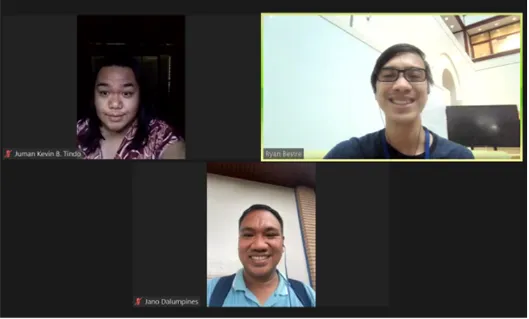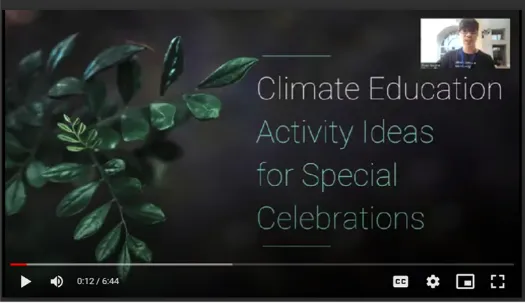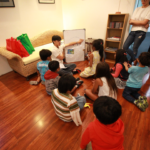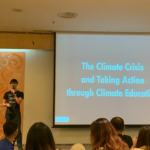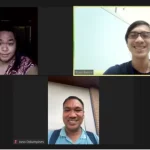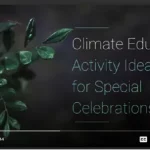Teacher: Ryan Anthony M. Bestre
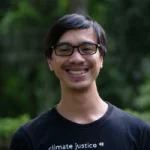
Ryan Anthony M. Bestre
Ryan is a climate consultant of the Asian Development Bank. He was part of the 2013 inaugural cohort of Teach for the Philippines. He volunteers for different environmental initiatives and speaks at various events where he shares about sustainability and climate action.
Usefull links related to the Solution
Overview
Dubbed as “Climate Education Mentorship Program,” this six-month long initiative which started in May 2023 aims to empower Filipino educators in mainstreaming climate education in the classroom. The project consists of online learning sessions and the provision of climate education resources focusing on creative climate education and simplified and context-specific content. It is designed to be self-directed learning and is implemented with mentorship, guiding participants to integrate climate education into their classes.
Theory of Change
Teachers recognise the need to tackle the climate crisis through climate education. The subject, however, tends to be technical and teachers feel ill-equipped to integrate it in the classroom. The mentorship program increases the capacity of educators so they feel confident in discussing the climate crisis while allowing students to explore ways to take action.
Approach and Actions
The programme involves small group and one-on-one mentoring sessions, which can be scheduled upon request by participants. A monthly email newsletter focused on climate change concepts, climate education resources and creative methodologies is also sent to the participants.
The programme hinges on the following principles. Firstly, there is a wealth of information and resources on climate change available to teachers but most are too complex to be useful or the resources need to be contextualized for students to engage with them. The content provided through the programme, which includes materials from Teach For All’s Climate Education Champions series, is specifically designed for use in classrooms- accurate, simple and contextualised resources are provided so that teachers can use them immediately. Secondly, teachers can feel that climate change is too technical a topic for them to teach. To overcome this the programme introduced creative approaches (e.g. arts, storytelling, digital technology, etc.) to integrate the subject matter in the curriculum. Thirdly, teachers have limited time for professional development due to their workload, therefore the programme is designed to deliver impactful content in a succinct manner. To ensure maximum flexibility for the teachers all small group discussions and mentoring take place online.
Over the course of the programme, each teacher is required to organise a climate education initiative in their classroom or school. Teachers are encouraged to use the resources and learning they receive from the programme to plan their initiatives and mentors are on hand to give advice to make the initiatives as impressive as possible.
Impact
So far 20 teachers from across the Philippines have taken part in the programme. While the programme is still in its initial cycle the feedback from the teachers has been positive with teachers stating that they feel more confident to teach climate change topics to their students and that they plan to use the learning and resources shared in future climate education lessons or activities.


